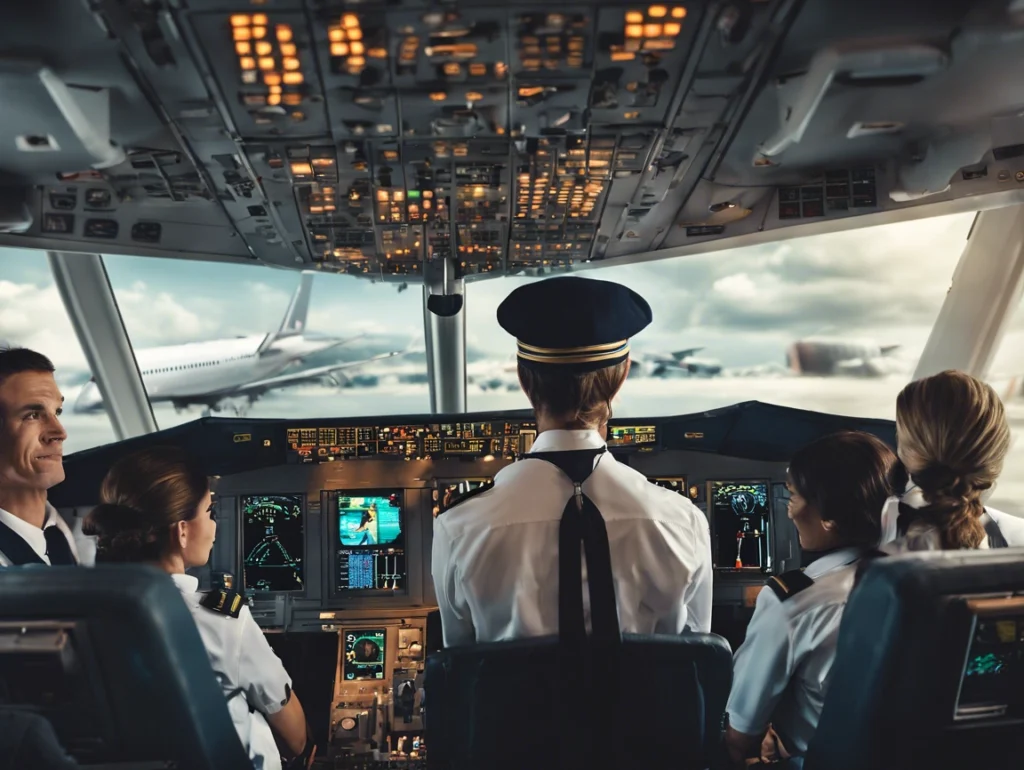Working in the airline industry is both rewarding and fulfilling, offering a range of opportunities, from pilots and cabin crew to ground staff and administrative roles. This guide will help you explore the steps to secure a job in the airline industry, the requirements, and advice to land your dream role.
1. Introduction to the Airline Industry
The aviation industry combines customer service, technology, and safety regulations. Understanding the diverse roles available is essential:
- Pilots
- Cabin Crew
- Ground Staff
- Administrative Roles
- Maintenance Technicians
Each role has unique demands and competencies, which will be detailed throughout this guide.
2. How to Get a Job in the Airline Industry
Educational Background
- A degree is not always mandatory, but relevant qualifications in Aviation, Hospitality, or Business can be advantageous.
Networking
- Attend aviation job fairs, seminars, and networking events to connect with professionals in the field.
Application Process
- Research Airlines: Make a list of preferred airlines and explore their careers section for job openings.
- Tailor Your Resume: Customize your resume for each job application, highlighting relevant skills and experiences.
- Prepare for Interviews: Anticipate both general and role-specific questions, and rehearse your responses accordingly.
3. A Guide to Securing a Job in Airlines After Graduation
Internships
- Participate in internships or co-op programs during school to gain practical experience.
Join Student Organizations
- Engage with aviation-related associations to build connections and enhance your skills.
Professional Certifications
- Obtain certifications such as those from the International Air Transport Association (IATA) or Aircraft Maintenance Engineering programs.
4. How to Get Employment in International Airlines
Language Skills
- Multilingual employees are often preferred by international airlines. Consider language courses to add value to your resume.
Cultural Awareness
- Understanding different cultures and travel restrictions gives you an edge in international roles.
Work Visa Requirements
- Research visa and work authorization regulations in the airline’s host country.
5. Airline Safety and Regulations
Study Aviation Regulations
- Familiarize yourself with safety standards from agencies like the Federal Aviation Administration (FAA) or the European Union Aviation Safety Agency (EASA).
Stay Informed
- Continuously update your knowledge of safety measures, especially for cabin crew or ground staff positions.
6. Roles in the Airline Industry
Pilots
- Attend flight school and earn certifications like a private or commercial pilot license. Many pilots also pursue degrees in aviation.
Cabin Crew
- Responsible for passenger safety and satisfaction. Airlines typically provide training; a background in hospitality or customer service is an added advantage.
Ground Staff
- Handle passenger belongings, assist passengers, and ensure timely flight operations. Entry-level roles focus on communication and organizational skills.
Conclusion
Pursuing a career in the airline industry requires commitment, passion, and a deep understanding of the sector. By exploring available roles and following this guide, you can enhance your chances of landing your dream job.
For more detailed tips, resources, and aviation career advice, visit Kamranology and explore our dedicated content for aspiring airline professionals.

